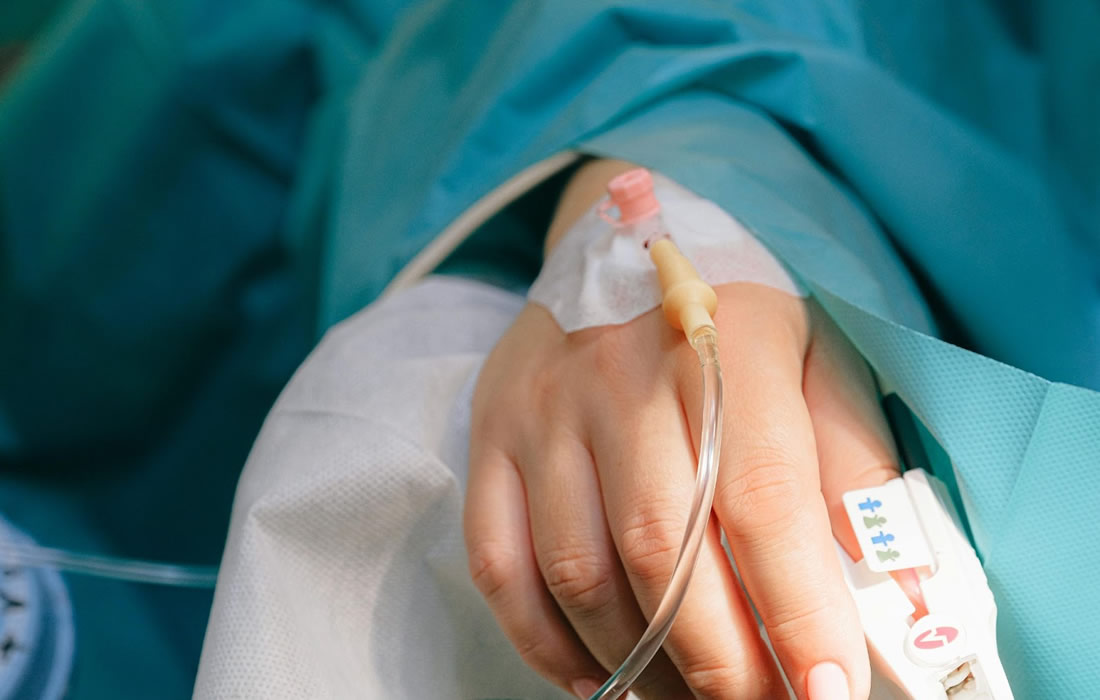Regenerative Medicine News and General Information
Ketamine’s Promise for Severe Depression Grows
Sparked by promising studies and stories of lives transformed, clinics offering intravenous infusions of ketamine have popped up nationwide. Some also offer a newer, more expensive, nasal spray version.
But major questions remain about who ketamine can help, why some people get tremendous relief within days or weeks while others don’t, and the costs and benefits of different ways of delivering the drug.
New findings just came out from a study that seeks to answer some of those questions. They add more evidence about the power of IV ketamine to help some of the most severely ill people with depression or bipolar disorder who haven’t gotten relief from other treatments — including many who have frequent suicidal thoughts.
Called Bio-K, the study involved 74 people treated at four clinics in Michigan, Maryland and Minnesota. After just three infusions of ketamine over 11 days, 52% of participants saw their severe depression ease so much they achieved remission. Another 15% responded somewhat.
Half of those who had thought often of suicide before receiving ketamine experienced a dramatic drop in those impulses.
Indeed, a third of all Bio-K participants didn’t respond to ketamine by the end of the three infusions provided under the study, leaving them to cope with one more failure in a series of attempted treatments.
The team’s in-depth interviews with some of these non-responders show how difficult that can be, as the team reported in a paper last year.
By studying molecules in blood samples from the study’s participants, the Bio-K team hopes to find biomarkers that could predict who is most likely to get relief from ketamine, and who should try other options.
The study is evaluating cell signaling proteins, inflammatory markers and molecules that can indicate rates of cell metabolism in mitochondria. Early results from those analyses should be available in the next year.
In the meantime, the strength of the response in Bio-K participants helped fuel the founding of an IV ketamine clinic at University of Michigan Health, says Parikh, who oversees the clinic.
U-M now accepts referrals from providers across the region who have patients with treatment-resistant depression and need another option after trying at least four medications.
Patients come to the main U-M medical campus around eight times during the span of a month for infusions under the care of psychiatrists, anesthesiologists and other clinicians.
At the start of the study, the average score of participants on a standard depression scale called MADRS was 28; that average dropped to 11 at 24 hours after the third infusion. A score of 10 or below is considered depression free, or remission, and a drop in score of at least 50% of the total score is considered response. In all, 67% achieved what is considered response, and 52% reached remission.
Sources:
Sagar V. Parikh, Jennifer L. Vande Voort, Anastasia K. Yocum, Eric Achtyes, Fernando S. Goes, Louis Nykamp, Balwinder Singh, Daniela Lopez-Vives, Cortney E. Sera, Daniel Maixner, Vijay Tarnal, Jennifer Severe, Steven Bartek, Susannah J. Tye, Jose Rico, Cynthia J. Stoppel, Alexis Becerra, LeAnn Smart, Christina R. Miller, Mark A. Frye, John F. Greden, William V. Bobo. Clinical outcomes in the biomarkers of ketamine (Bio-K) study of open-label IV ketamine for refractory depression. Journal of Affective Disorders, 2024; 348: 143 DOI: 10.1016/j.jad.2023.12.033
Materials provided by Michigan Medicine – University of Michigan. Original written by Kara Gavin. Note: Content may be edited for style and length.
Michigan Medicine – University of Michigan. “Ketamine’s promise for severe depression grows, but major questions remain.” ScienceDaily. ScienceDaily, 8 February 2024. <www.sciencedaily.com/releases/2024/02/240208122001.htm>.
Images from:
Photo by Anna Shvets
https://www.pexels.com/es-es/foto/paciente-con-linea-iv-3845126/

